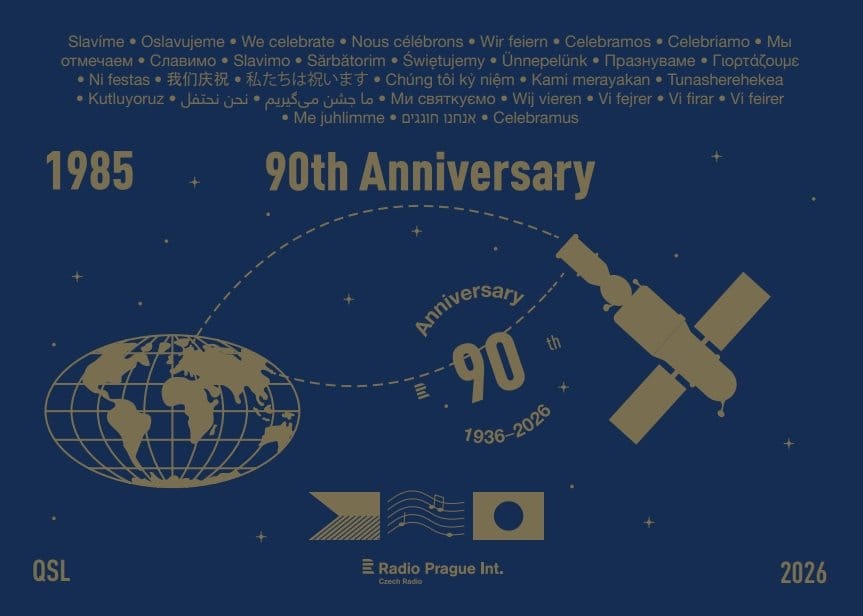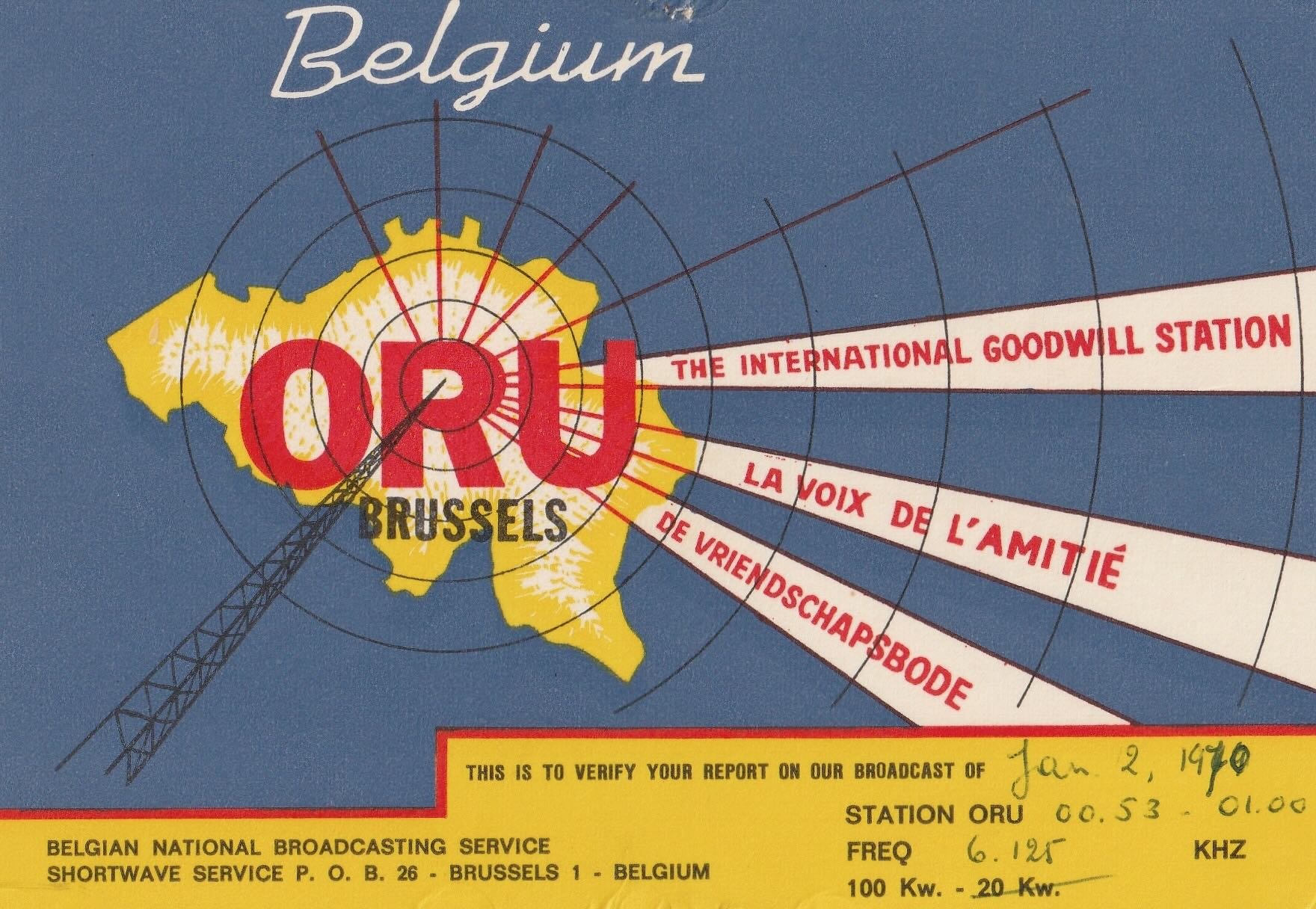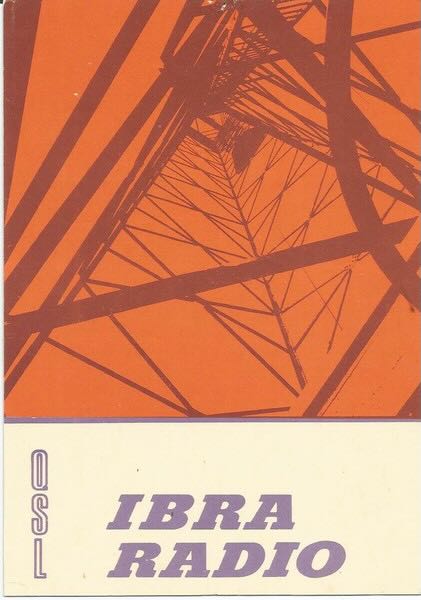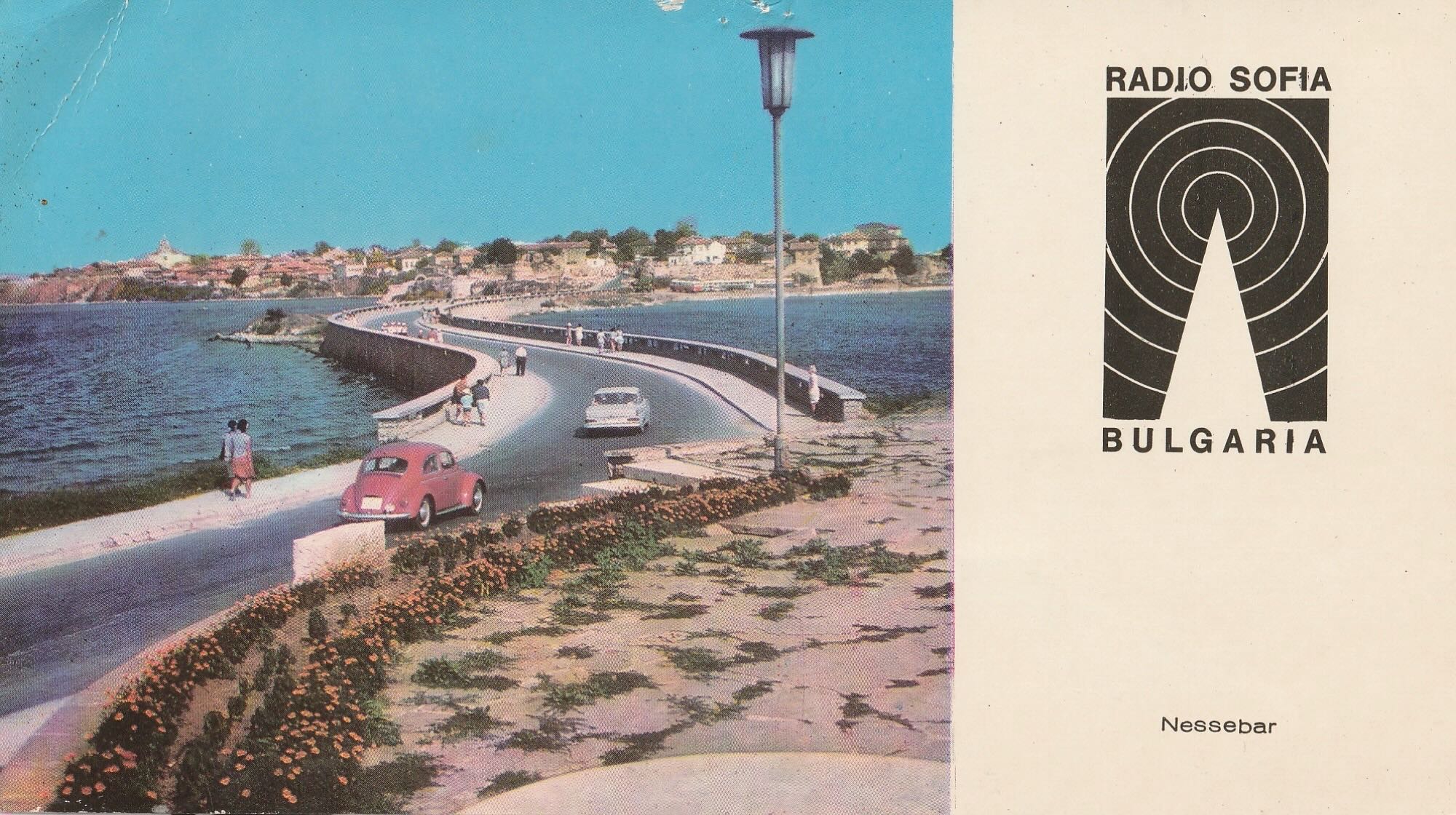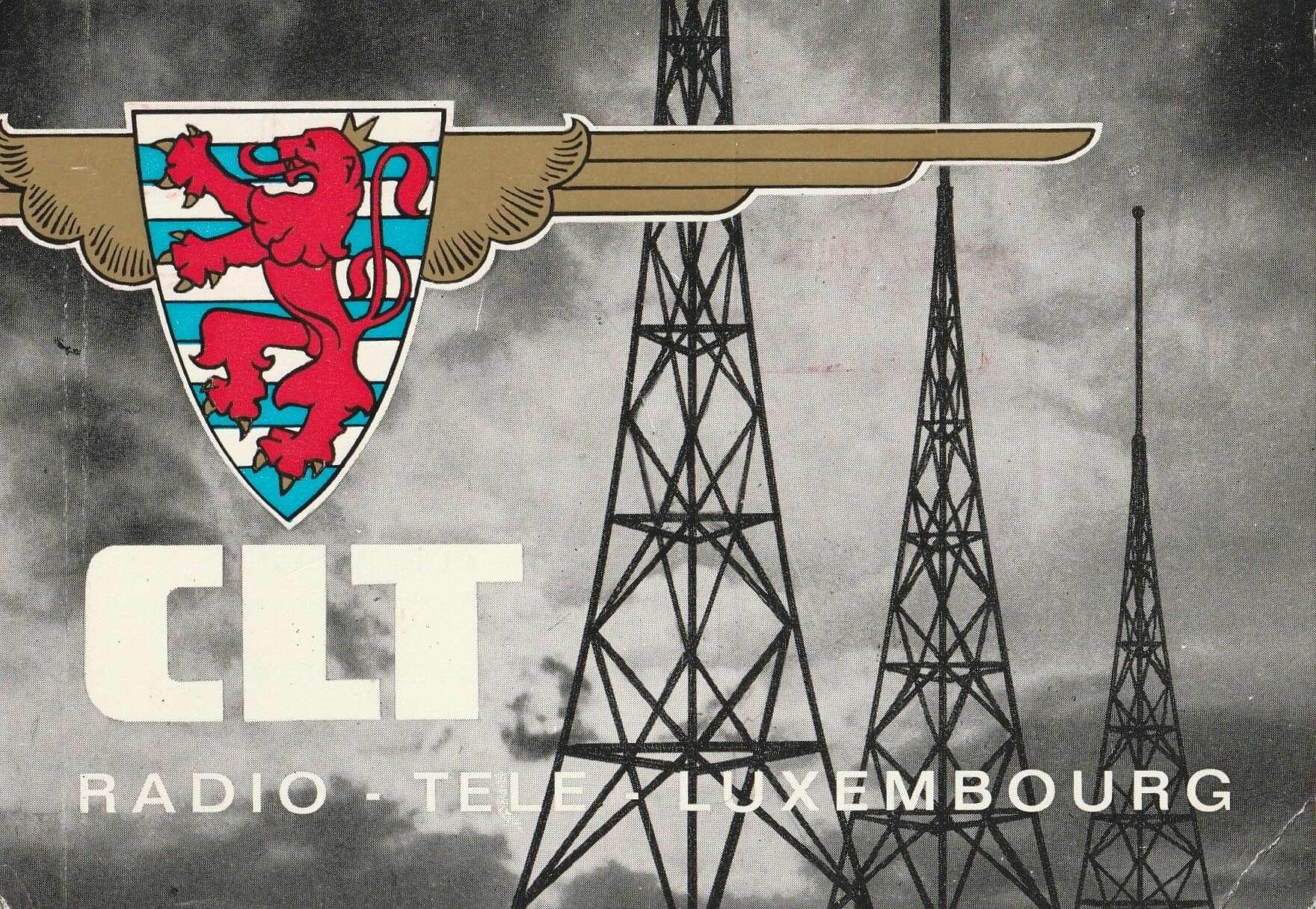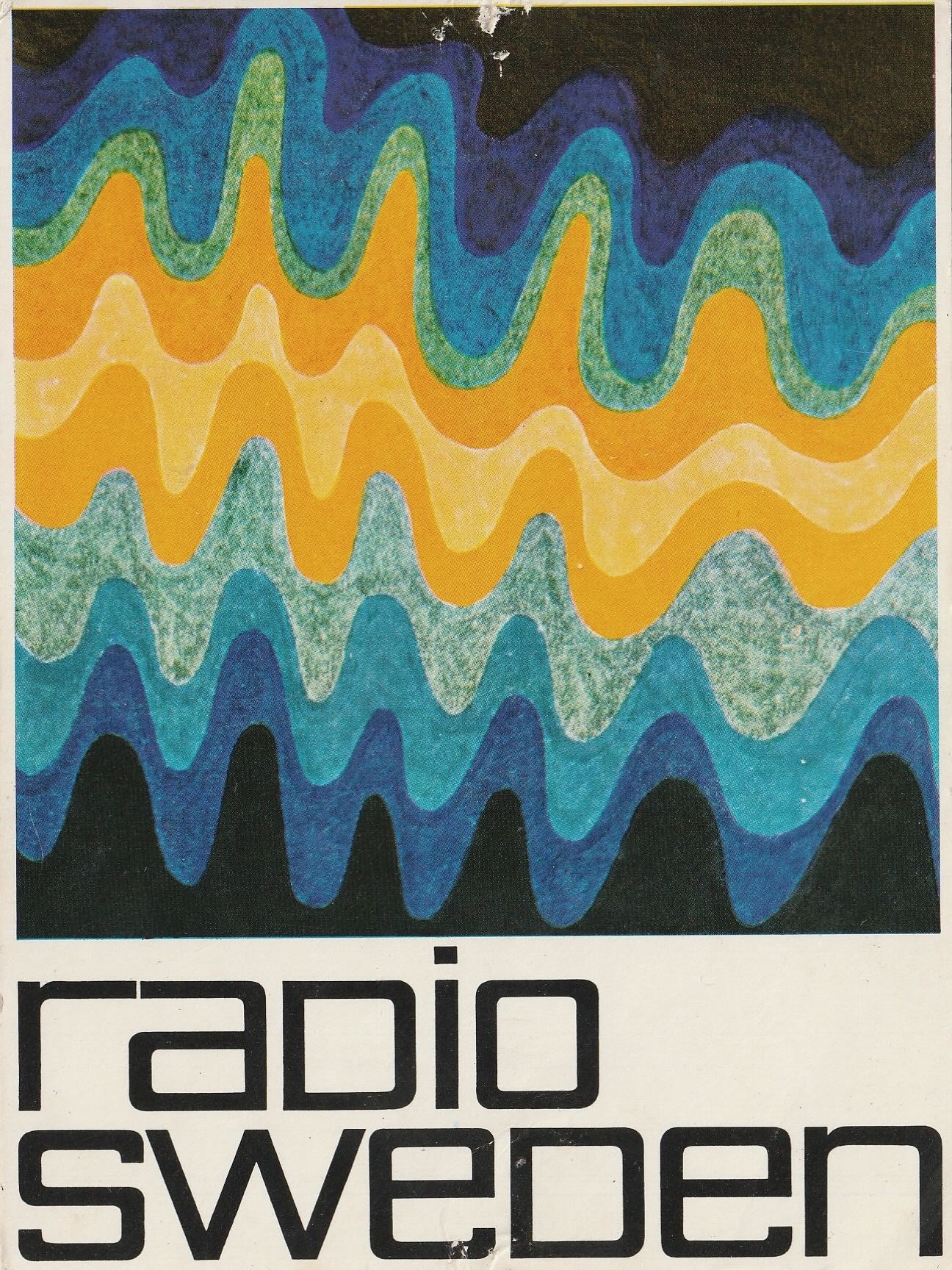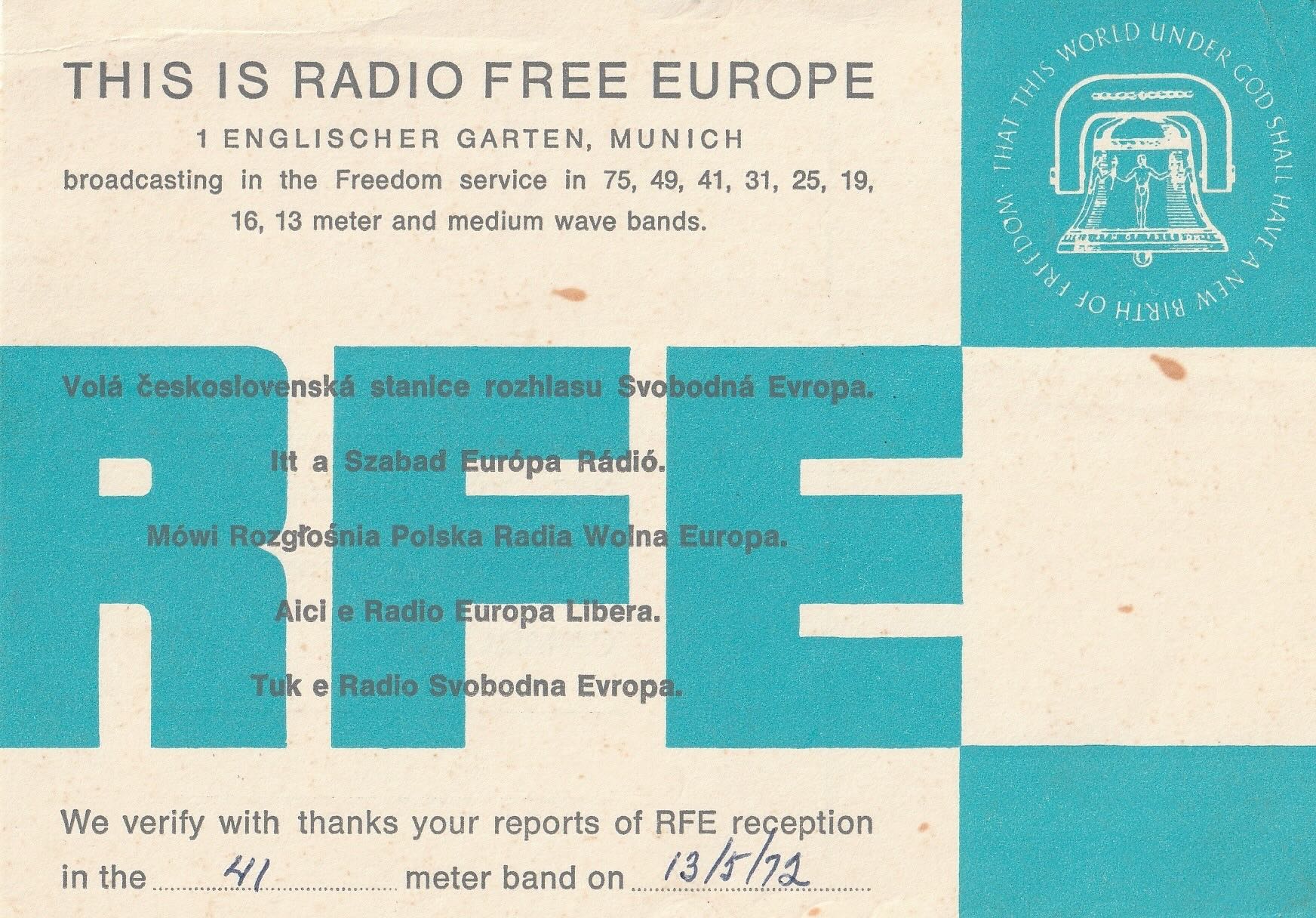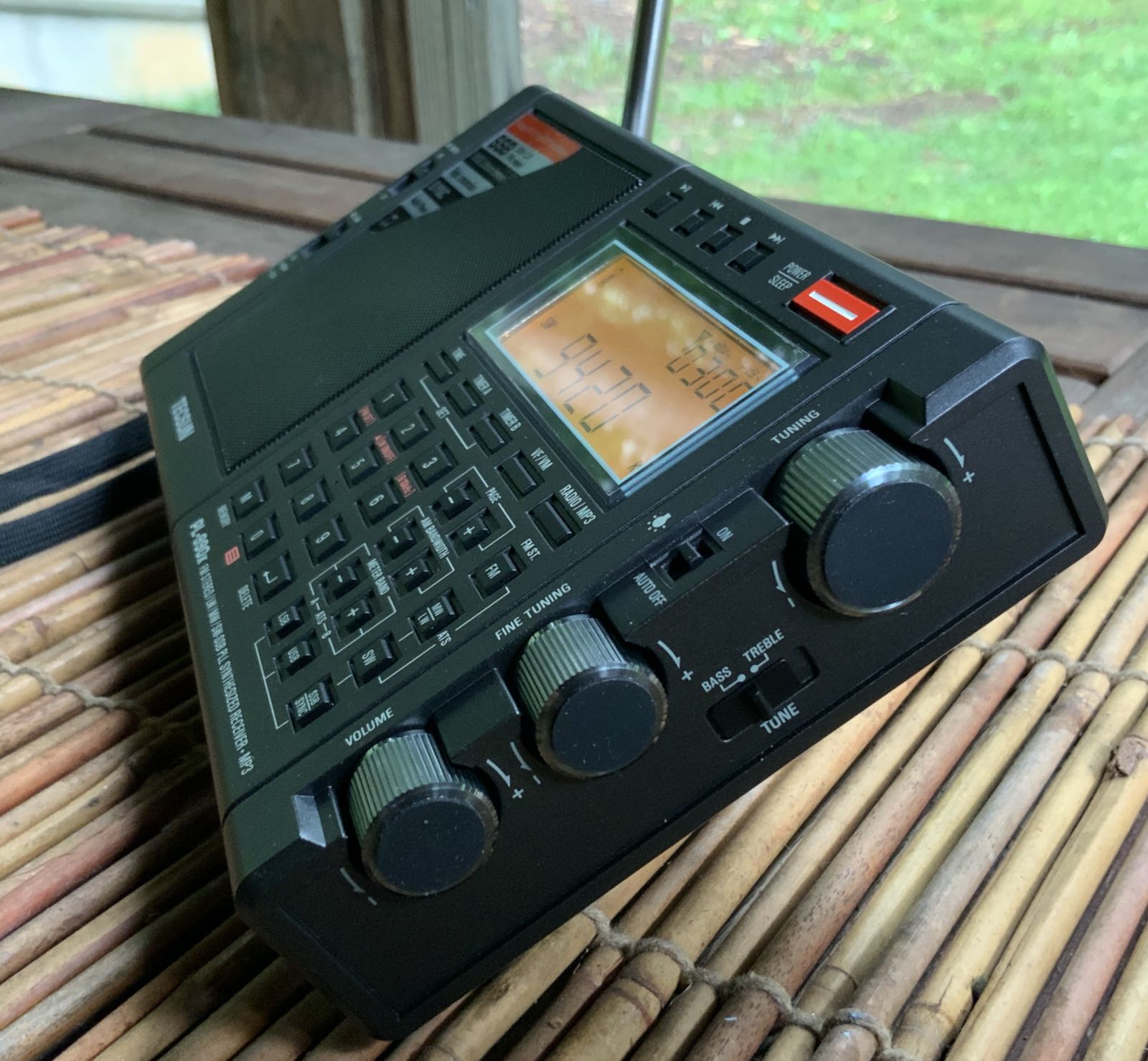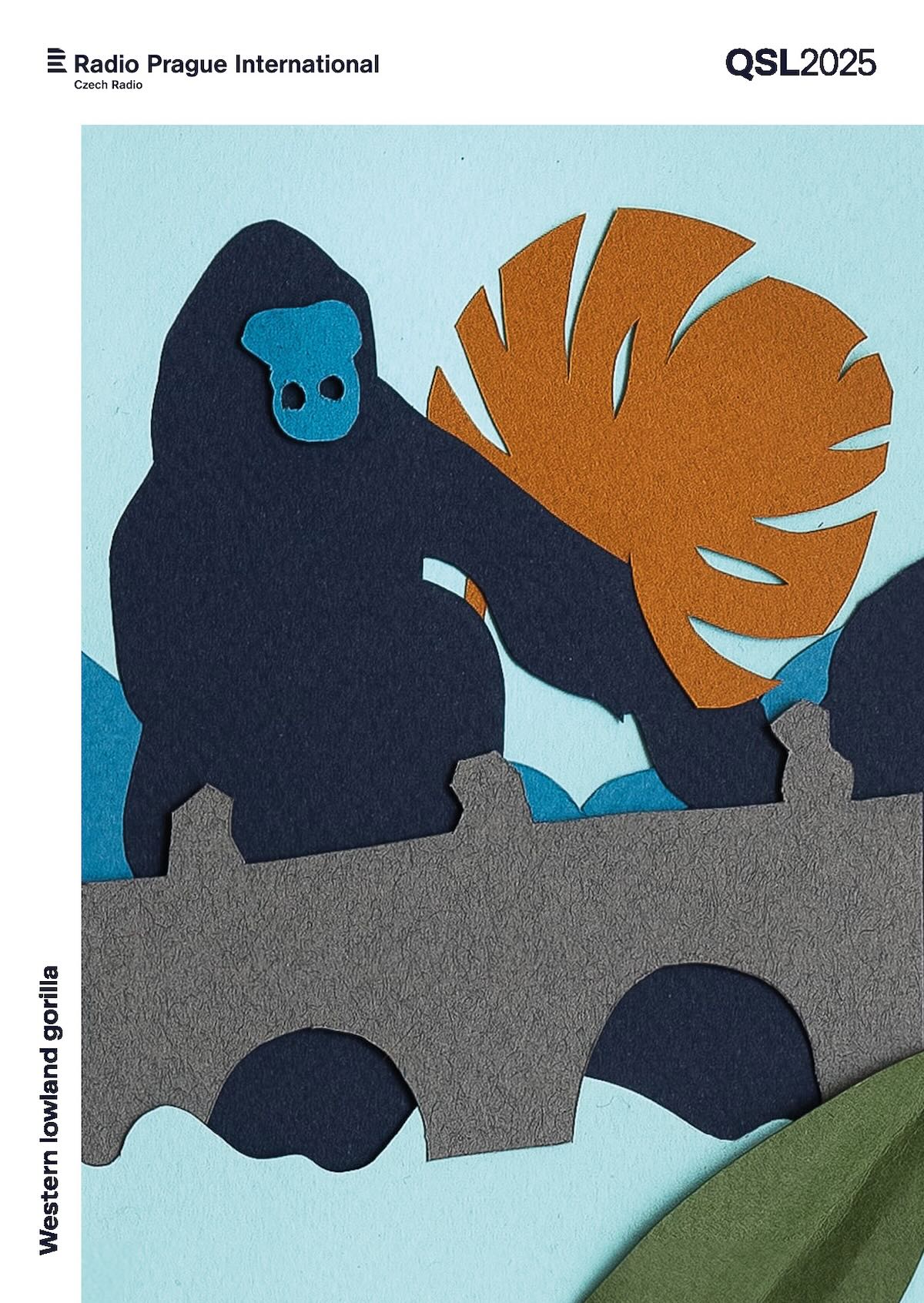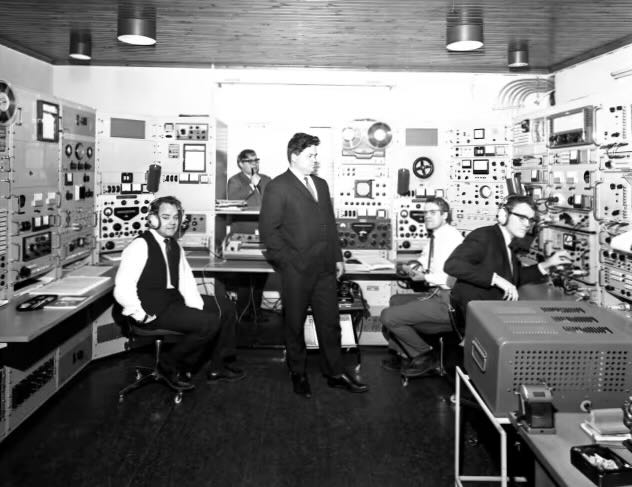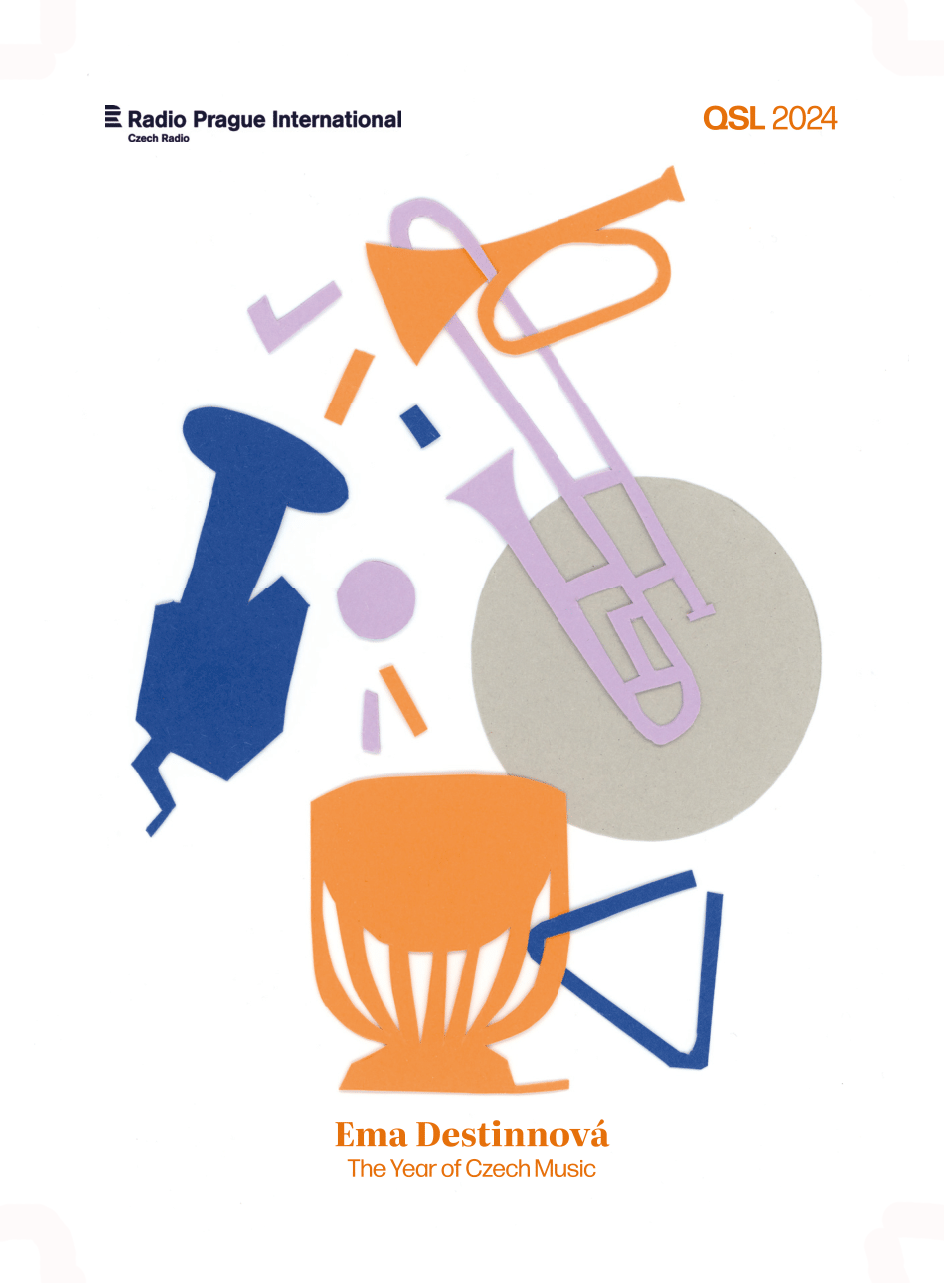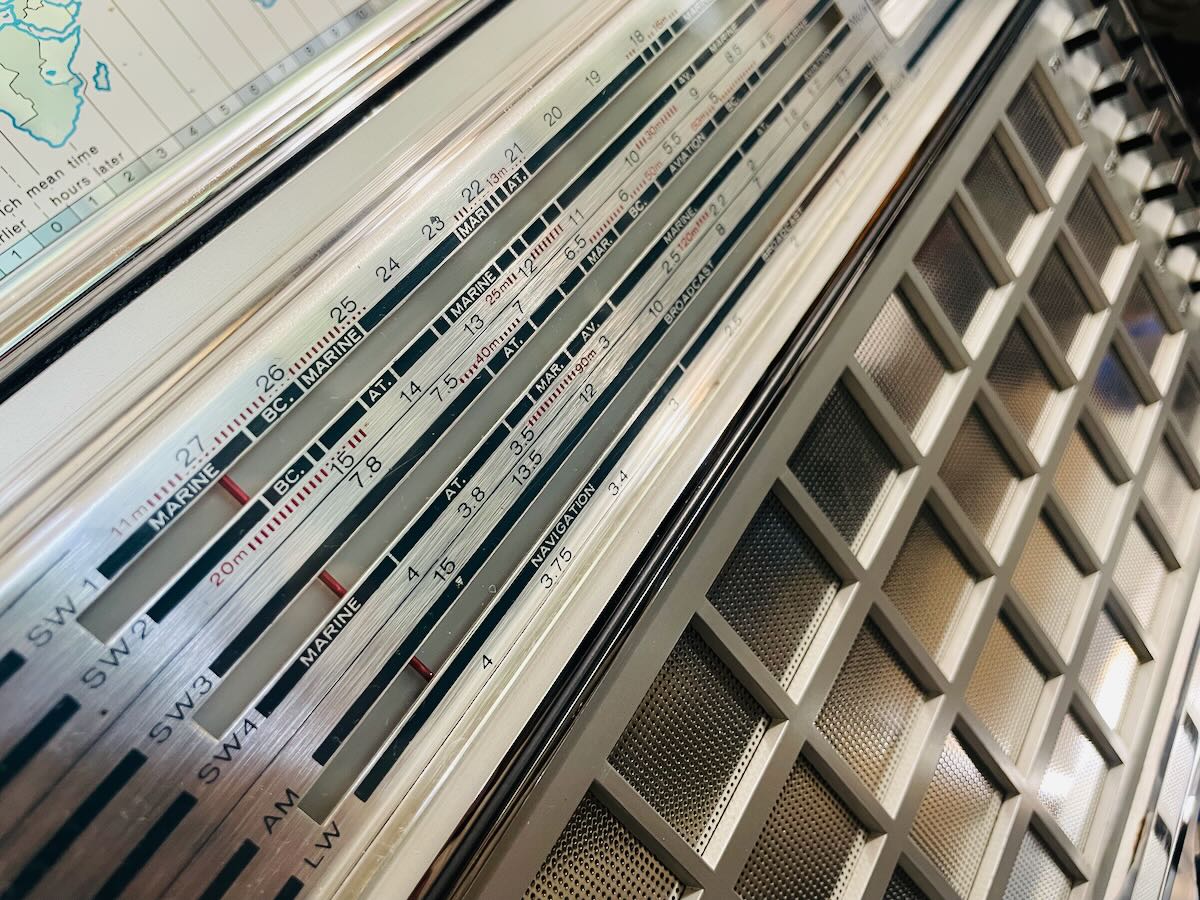 (Source: Radio Prague International via Paul Jamet)
(Source: Radio Prague International via Paul Jamet)
Everywhere – even under Russian occupation – radio waves still find their way
To mark World Radio Day, Radio Prague International spoke with Iryna Slavinska, Director of Radio Culture – the third channel of Ukraine’s public broadcaster Suspilne. What role does radio play in war-torn Ukraine? And what can a station focused specifically on culture contribute?
Iryna Slavinska joined Radio Culture in 2018. A philology graduate, she also brings extensive experience in education and cultural work, and is fluent in French.
“For me, radio remains something very powerful, very influential and very transparent. Radio has no borders,” she describes.
This has become particularly evident since the full-scale invasion in February 2022, when, as Slavinska notes, radio often became the only Ukrainian media outlet accessible to people under Russian occupation. [Continue reading…]

